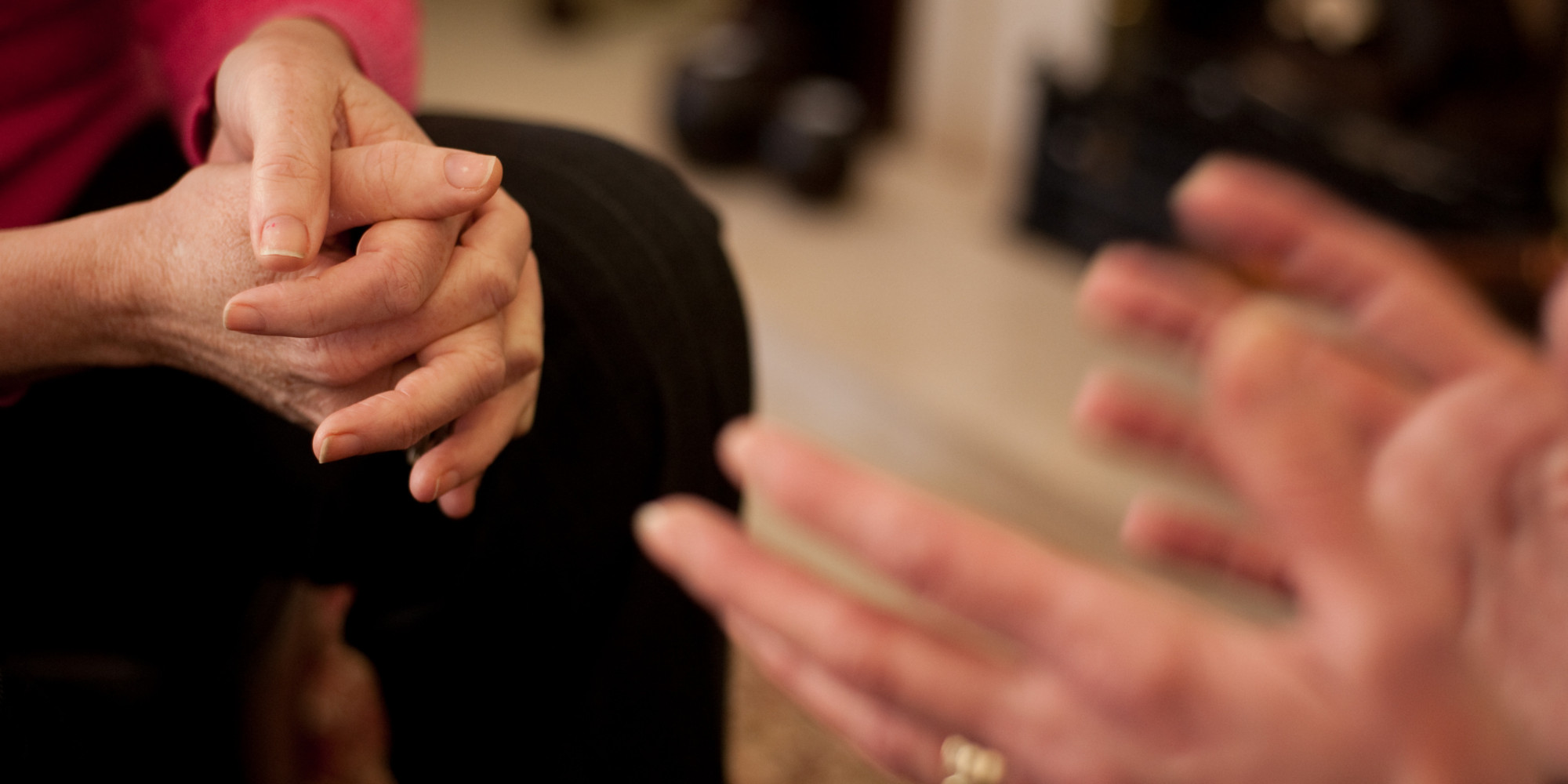
Agoraphobia & Panic Disorder
Agoraphobia & Panic Disorder
Agoraphobia may be classified separately from panic disorder because some people have symptoms of agoraphobia without experiencing a panic attack. However, some people will have panic attacks along with their other symptoms of agoraphobia.
Panic disorder is not the same as anxiety or a single panic attack. Most people experience anxiety and up to 40 percent of us have a panic attack at some stage during our lives. People who have recurring panic attacks are more likely to have panic disorder, and this affects one to two percent of people.

Symptoms of agoraphobia
Agoraphobia is often thought of as a fear of open spaces, but it is more than this. Agoraphobia is fear or anxiety of being in situations where you feel you cannot escape.
These include being:
- in an enclosed space – theatre, meeting room or small shop
- in an open space – bridge, car park or large shopping mall
- on public transport – bus, train or plane
- out of your home alone.
Symptoms of panic disorder
Rather than having just a single panic attack, if you have a panic disorder you will experience several recurring panic attacks.
Symptoms of panic disorder include:
- frequent and unexpected panic attacks
- ongoing worry about having another panic attack for more than one month after the panic attack
- ongoing worry about the consequences of having an attack – such as losing control, ‘going crazy’ or having a heart attack.
Symptoms of panic attacks
Panic attacks occur suddenly. Symptoms can vary for different people, but they tend to hit their peak within 10 minutes.
A panic attack typically has four or more of:
- chest pain
- chills or hot flushes
- dizziness or feeling faint
- fear of dying
- fear of losing control or ‘going crazy’
- feeling like you are choking
- feeling short of breath
- nausea
- pounding heart and rapid heart rate
- sweating
- tingling or numbness
- trembling or shaking.
Diagnosis of agoraphobia and panic disorder
Healthcare professionals who can diagnose a mental health condition include your GP, a psychiatrist and some psychologists. Each of these professionals offers different types of services, so the first step is to visit your GP to speak about your concerns. They can then refer you to other healthcare professionals if required.
Your doctor will do a physical examination and may take blood samples for testing. A diagnosis of panic disorder or agoraphobia will also involve your healthcare professional asking you questions about your symptoms and feelings, so they can understand your problem. If you experience panic attacks, they will want to know when, where and how often you have them.
They will also ask about your medical history. Some healthcare professionals may ask you to fill in some forms, which will also ask you a range of questions about your symptoms, moods and panic attacks. This will help the healthcare professional to understand and diagnose your problem so that you can get the best treatment possible.
Causes of agoraphobia and panic disorder
The exact causes of panic disorder or agoraphobia are not known, but there are several risk factors, including:
- family history of anxiety disorders or depressive illness – some studies suggest a possible genetic component
- negative life experiences – extremely stressful experiences, such as childhood abuse, being made redundant or the death of a family member or friend, have been associated with recurring panic attacks
- physical medical conditions – some medical conditions, such as cardiac arrhythmias, asthma, chronic obstructive pulmonary disease, and irritable bowel syndrome, are associated with panic disorder.
Treatment for agoraphobia and panic disorder
Having early treatment is important for recovery from panic disorder or agoraphobia. Treatment can be very effective in reducing the number of panic attacks for most people. The first step is to visit your doctor and get professional help.
The treatment for panic disorder or agoraphobia is medication or psychological therapies. You can also make a number of changes in your life to support your treatment.







